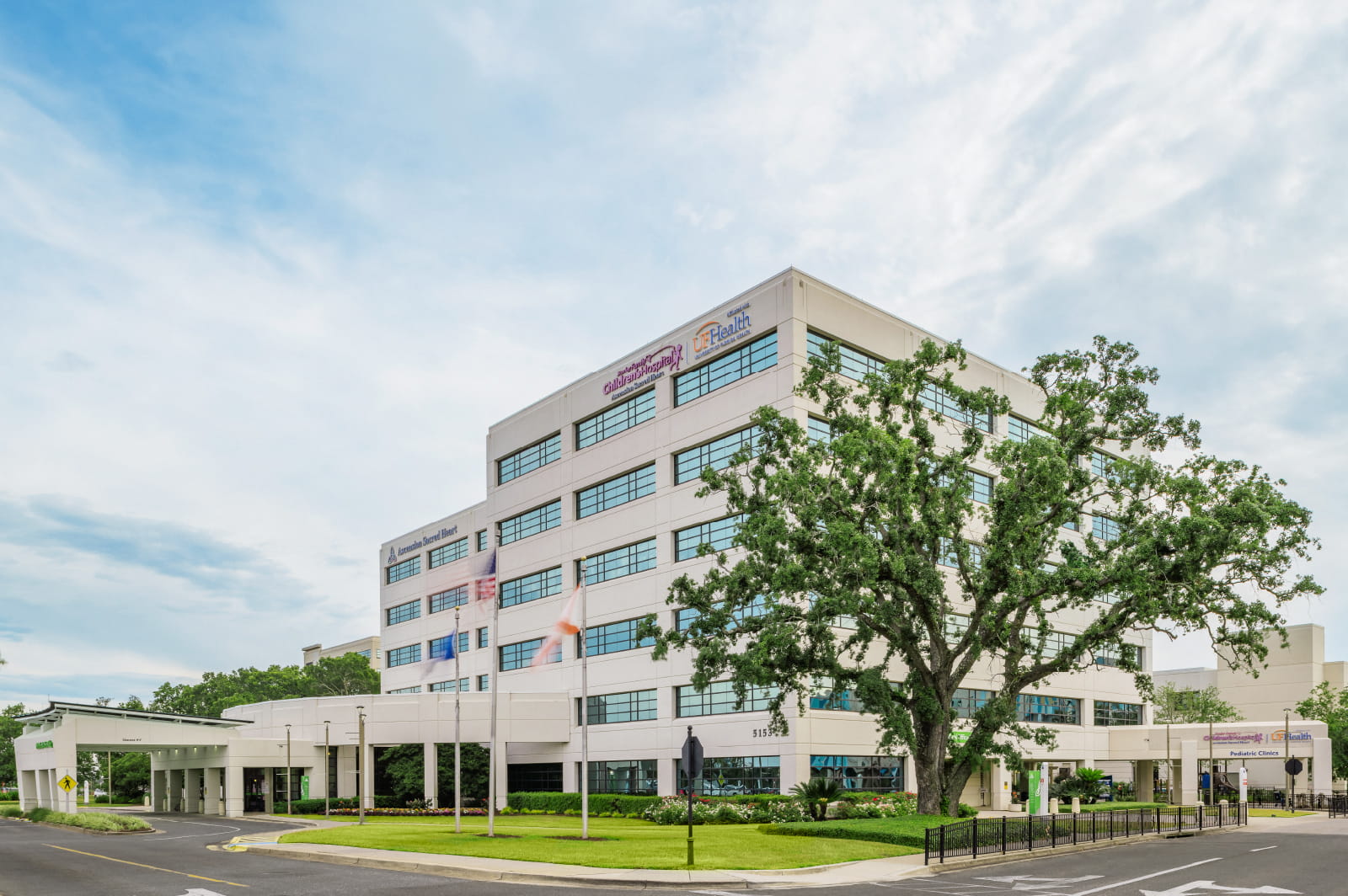Parkinson's disease can affect your overall health — physically and emotionally. Specialists at Ascension Sacred Heart understand how this disease affects your life and we are here to help. We start by listening to you, to better understand you and your health. Then, we work with you to create a care plan that's right for you. Ascension Sacred Heart offers the most advanced technology for deep brain stimulation (DBS), a neurosurgical procedure to improve tremors and other symptoms of Parkinson's disease.
DBS delivers mild electrical impulses to a targeted area of the brain that is responsible for the movement symptoms caused by Parkinson's disease. The electrical impulses can block or change the abnormal nerve activity that triggers symptoms.
DBS is an effective therapy for essential tremor, a movement disorder that causes people's hands or arms to shake while doing daily activities such as eating or writing. DBS surgery may improve other movement symptoms of Parkinson's disease, such as slowness of movement, stiffness or rigidity, and problems with walking and balance.
In the multi-stage procedure, electrodes are positioned in the brain in the precise location of the brain that is causing the tremors and other symptoms. CT scans or MRI scans are taken before and during the procedure to pinpoint the exact location and guide the lead and electrode placement.
Then a device that sends the electrical pulses to the electrodes is implanted under the collarbone. A thin wire is placed underneath the skin to connect the stimulator device to the electrodes.
Once activated, a pulse generator sends continuous electrical pulses to the target areas in the brain. The system operates the same way as a pacemaker for the heart. Several follow-up visits are needed to fine-tune the stimulation sent to the brain to best relieve symptoms. Remote programming capabilities mean specialists can change the settings on the device while the patient is in their home.
Learn more here.
